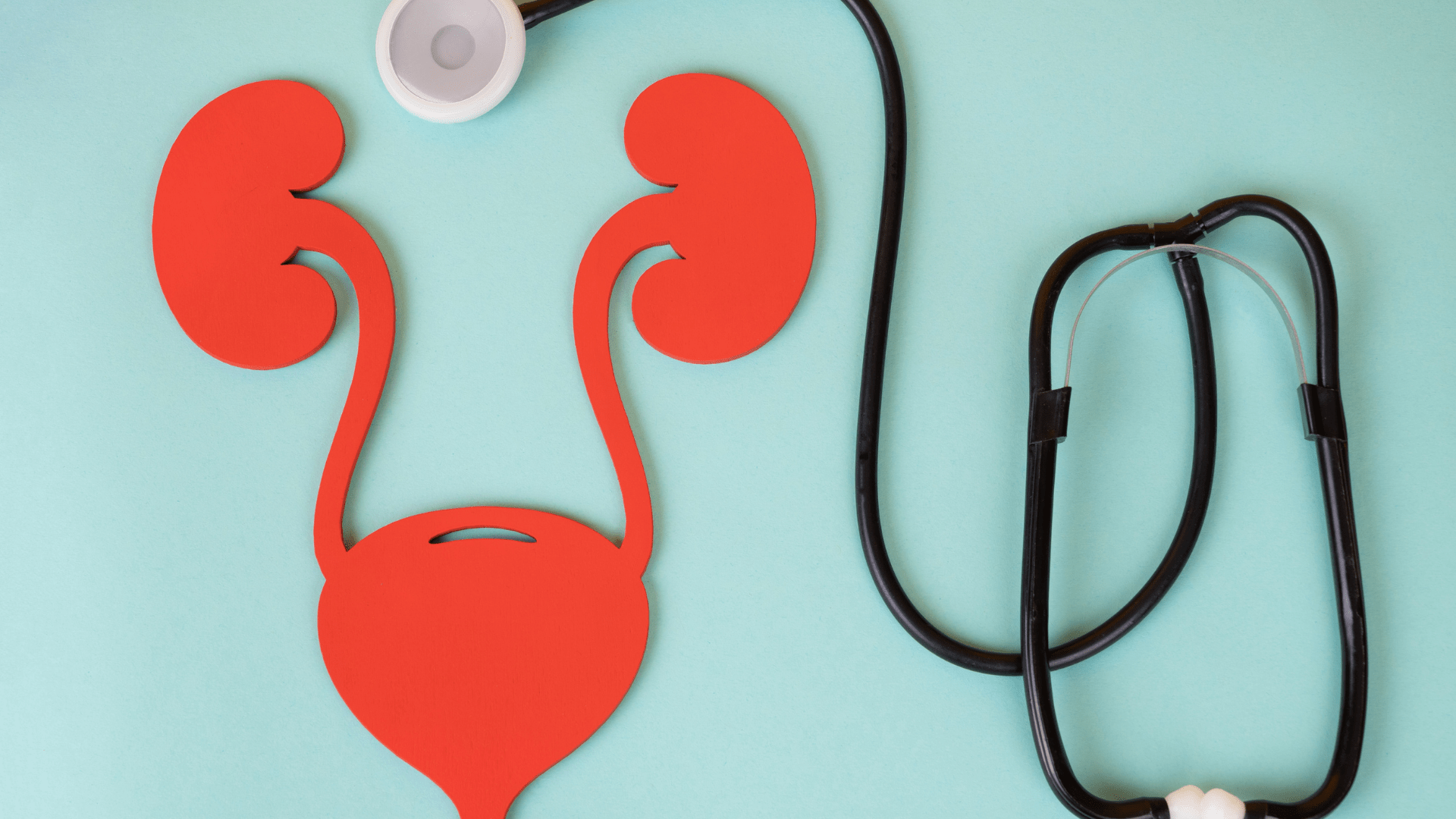Experiencing the loss of a pregnancy can be a profoundly emotional and arduous journey for individuals and couples alike. While the process of grieving is unique to each person, the path to recovery encompasses various aspects, including physical healing, emotional support, and self-care.
There are a few steps involved in the recovery process:
-
Acknowledging the Loss and Honoring Grief
The initial step on the road to recovery is acknowledging the loss and allowing oneself to embrace the grieving process fully. Creating a safe and supportive environment becomes paramount, whether it involves confiding in a trusted individual, seeking solace in support groups, or seeking guidance from professional counselors. Validating the profound emotional impact of the loss is pivotal for healing and moving forward.

-
Facilitating Physical Recovery
Physical healing after a pregnancy loss varies depending on the specific circumstances, such as miscarriage or stillbirth, and any complications involved. It is crucial to heed the guidance of healthcare professionals and allow the body to heal naturally. This may include adequate rest, refraining from strenuous activities, and adhering to prescribed medications or treatments.
-
Nurturing Emotional Support
Emotional support serves as a vital pillar in the recovery process. Connecting with others who have encountered pregnancy loss can provide solace and a sense of solidarity. Participation in online or in-person support groups offers an invaluable platform for sharing experiences, exchanging coping strategies, and finding comfort. Additionally, seeking individual or couples therapy can provide professional guidance in navigating the complex emotions and grief associated with the loss.
-
Embracing Self-Care and Coping Strategies
Engaging in self-care activities plays a significant role in the recovery journey. Each person should explore self-care practices that resonate with them, whether it involves pursuing hobbies, spending time in nature, practicing mindfulness or meditation, journaling, or engaging in creative outlets. Attending to both physical and emotional well-being through balanced nutrition, regular exercise, and ample rest is essential for fostering healing and resilience.

-
Commemorating the Loss and Finding Closure
This includes finding meaningful ways to honor the loss and commemorate the baby’s memory can bring solace and closure. This may encompass creating personal memorials or participating in charitable events related to pregnancy loss. Honoring the loss enables individuals and couples to find their unique ways of remembering and acknowledging the profound impact their baby had on their lives.
-
Communication and Support in Relationships
Open and compassionate communication within relationships becomes crucial during the recovery process. Partners should strive to understand and support each other’s emotions and needs, fostering a sense of unity. Sharing feelings, concerns, and hopes can strengthen the bond and facilitate mutual healing. Seeking professional relationship counseling, if necessary, can also address any challenges that may arise, promoting growth and resilience.
-
Embracing Hope and New Beginnings
Recovering from pregnancy loss involves embracing hope and looking toward the future. It is essential to allow oneself time for healing and emotional processing while acknowledging the potential for new beginnings. When ready, individuals and couples can explore various options, such as attempting to conceive again, considering alternative family-building methods, or focusing on personal growth and fulfillment.
In conclusion, recovery from pregnancy loss is a deeply personal and intricate journey. By acknowledging the loss, seeking support, and prioritizing self-care, individuals and couples can foster emotional healing and move forward while cherishing the memory of their baby. Nurturing physical and emotional well-being allows for solace, hope, and the embrace of new possibilities on the path ahead.
References
- Lewis, C. L., Bockting, W. O., & Ciagne, D. (2008). Lessons learned from a decade of miscarriage research. Obstetrics & Gynecology Clinics, 35(3), 343-362.
- Papadatou, D., & Metallinou, O. (2008). Bereaved parents’ perceptions of the impact of the perinatal loss on their marital, sexual, and family life. Omega, 57(3), 277-302.
- Papadatou, D., & Metallinou, O. (2008). Bereaved parents’ perceptions of the impact of the perinatal loss on their marital, sexual, and family life. Omega, 57(3), 277-302.
Frequently Asked Questions
- How long is the recovery time from pregnancy loss?
Physical recovery takes about four to six weeks after which menstruation starts. The time varies from person to person due to the care received following the loss. - What not to do after a miscarriage?
It is essential to follow the guidance of healthcare professionals, which may include abstaining from sexual intercourse and using sanitary pads instead of tampons to avoid introducing bacteria into the healing uterus. - What happens after pregnancy loss?
The experience of pregnancy loss is highly individual, and everyone’s journey is different. This may include postpartum bleeding and cramping, which can last for a few days to a few weeks. There may be a wide range of emotions, including sadness, grief, anger, guilt, and confusion. - How do I take care of my uterus after a miscarriage?
It is generally recommended to abstain from sexual intercourse for a couple of weeks after a miscarriage or until your healthcare provider gives you the go-ahead. This allows the uterus time to heal and reduces the risk of infection.Also, pay attention to the amount and duration of bleeding after the miscarriage. It is normal to experience bleeding, similar to a heavy period, for a week or two. However, if the bleeding is excessive, continues for an extended period, or is accompanied by severe pain or other concerning symptoms, contact your healthcare provider.





